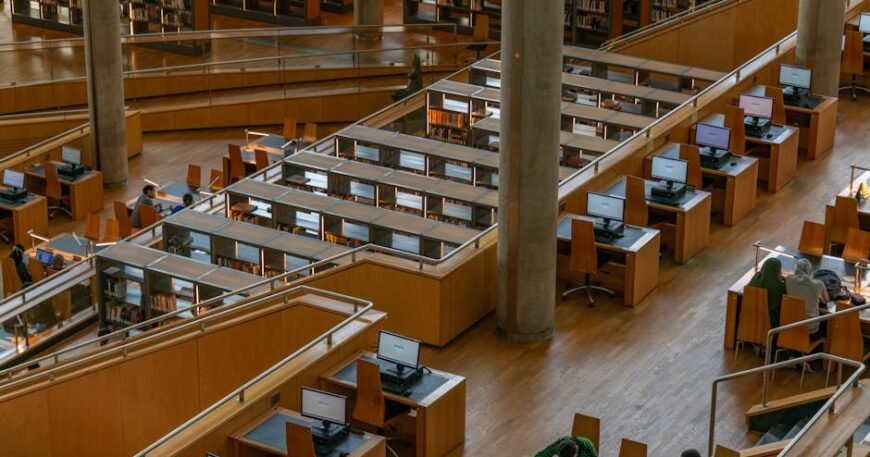
Overview of Egypt’s Education System
Historical Context
Understanding Egypt’s education system requires a look back at its historical roots. Education in Egypt dates back to ancient times, where schooling was primarily offered to the elite. Fast forward to the 19th century, when modernization efforts commenced, leading to the establishment of more formal educational institutions. Despite these developments, education often mirrored colonial influences, which created disparities that persist today.
Current Challenges
Today, Egypt faces significant challenges in its education landscape:
- Quality of Education: Many schools lack essential materials and trained educators.
- High Enrollment Rates: Although enrollment is high, retention and completion rates are still concerning.
- Economic Disparity: Access to quality education varies vastly among different socioeconomic groups.
These issues have led to a system where many students graduate without the necessary skills or knowledge for the workforce.
Significance of Education Reform
Recognizing the need for change is crucial for Egypt’s future. Education reform holds immense significance for the following reasons:
- Empowering Future Generations: An improved education system fosters an informed and skilled populace capable of contributing to society.
- Economic Growth: Investments in education can lead to better job prospects, which ultimately boost the economy.
Reforming education is not just a necessity—it is an opportunity to build a brighter future for Egypt’s children.

Evolution of Learning Resources in Egypt
Traditional vs. Modern Learning Tools
As we delve deeper into the evolution of learning resources in Egypt, it’s fascinating to see the stark contrast between traditional and modern tools. Traditional education relied heavily on textbooks, chalkboards, and rote memorization. Students often memorized vast amounts of information, which left little room for critical thinking or creativity.
However, modern learning tools have transformed this landscape:
- Interactive Whiteboards: These have replaced chalkboards, making lessons more engaging.
- Digital Textbooks: E-books are becoming common, allowing students to access vast resources at their fingertips.
- Multimedia Resources: Videos and educational apps make learning dynamic, appealing to different learning styles.
This shift not only enhances participation but also prepares students for a technology-driven world.
Impact of Digitalization
The rise of digitalization in Egypt has revolutionized education in unexpected ways. With the internet becoming more accessible, students are no longer confined to classroom learning.
Consider these influences:
- E-learning platforms: Websites and apps facilitate learning anytime, anywhere.
- Online collaboration tools: Students can collaborate on projects with peers, breaking geographical barriers.
- Accessibility of Information: Research becomes easier as students can quickly find information on virtually any topic.
This digital evolution encourages independent learning and fosters a more global perspective among students. By embracing these changes, Egypt is paving the way for an educational system that meets the demands of the 21st century.

Role of Books in Education Revolution
Importance of Books in Learning
Transitioning from technology’s influence, let’s talk about the timeless role of books in Egypt’s educational revolution. Books have always been pivotal in shaping the minds of learners, serving as essential tools for knowledge acquisition. They promote critical thinking, foster imagination, and enhance vocabulary, laying a solid foundation for academic success.
Here are a few reasons why books are invaluable:
- Deep Understanding: Reading encourages comprehension and analytical skills, enabling students to engage with material on a deeper level.
- Cognitive Development: Regular reading contributes to improved concentration and memory retention.
- Cultural Awareness: Literature exposes students to different perspectives, histories, and cultures.
Imagine a young student devouring a fiction novel, which not only entertains but also opens up a world of empathy and understanding.
Access to Diverse Reading Materials
Access to a wide range of reading materials is crucial for fostering a love of learning. In Egypt, efforts are being made to provide diverse literary resources, from classic literature to modern educational texts.
Key aspects to consider include:
- Digital Libraries: Platforms like these offer a vast array of genres and topics, promoting a culture of reading beyond textbooks.
- Local Authors: Highlighting local literature helps students connect with their culture and encourages national pride.
By ensuring that students have access to diverse reading materials, we empower them to explore, learn, and grow into informed citizens. Embracing books in education is not just a necessity; it is a celebration of knowledge and creativity.

Technology Integration in Education
E-learning Platforms
Building on the significance of books, the integration of technology into education has taken a prominent role in enhancing the learning experience in Egypt. E-learning platforms have emerged as transformative tools that offer flexibility and accessibility to students. Imagine a student in a remote village participating in a live class with peers from urban centers—this is now possible!
Key benefits of e-learning platforms include:
- Flexibility: Students can learn at their own pace, revisiting lessons as needed.
- Diverse Course Offerings: Online platforms provide access to a variety of subjects not always available in traditional schools.
- Interactive Learning: Features like quizzes, discussion forums, and multimedia resources make learning engaging.
These platforms have opened the door to a wealth of knowledge that transcends geographical boundaries.
Digital Libraries and Online Resources
Complementing e-learning, digital libraries and online resources are playing an essential role in revolutionizing education. With a few clicks, students can access a treasure trove of information.
Consider these advantages:
- Vast Resource Access: Students can explore thousands of books, articles, and research papers, enriching their studies.
- Cost-Effective: Digital libraries often reduce the financial barriers to accessing educational materials.
- Continuous Learning: With online resources available 24/7, students have the freedom to learn whenever inspiration strikes.
By integrating technology into education, Egypt is not only making learning more accessible but also fostering a generation of technologically adept individuals ready to tackle future challenges.

Initiatives Driving Education Reform
Government Policies and Programs
Transitioning from technology’s role, it’s essential to highlight the various initiatives driving education reform in Egypt. The government has recognized the urgent need to revamp the education system, launching several key policies aimed at improving quality and accessibility. For instance, the Ministry of Education’s new curriculum focuses on critical thinking, creativity, and problem-solving.
Here are some notable government initiatives:
- New Curriculum Implementation: Modernizing the curriculum to include STEM education and soft skills.
- Teacher Training Programs: Enhancing teacher effectiveness through continuous professional development.
- Infrastructure Investments: Upgrading school facilities and resources to create a conducive learning environment.
These policies aim to address the existing gaps and set the stage for a progressive education system.
Partnerships with NGOs and International Organizations
In addition to government efforts, partnerships with NGOs and international organizations have proven vital in driving educational initiatives. For example, collaborations with organizations like UNICEF and UNESCO facilitate programs that aim to increase literacy rates and provide resources for vulnerable communities.
Key highlights include:
- Resource Distribution: NGOs play a significant role in providing books, technology, and training.
- Community Engagement: Many organizations work to involve parents and local communities in the education process, fostering a supportive environment.
By combining efforts from government institutions and external partners, Egypt is well-positioned to create a more inclusive and effective education system that meets the needs of all its citizens.

Empowering Teachers and Students
Professional Development Programs
As we explore the efforts in education reform, one of the pivotal areas is empowering both teachers and students. Effective learning takes place when educators are well-equipped to inspire and facilitate growth. This is where professional development programs come into play. These programs are designed to enhance teaching skills, provide updated pedagogical strategies, and encourage collaboration among educators.
For instance, teachers can benefit from:
- Workshops and Seminars: Regularly scheduled events to introduce new teaching methods and technologies.
- Mentorship Programs: Pairing novice teachers with experienced educators fosters knowledge sharing and support.
- Online Courses: Flexible learning options that allow teachers to pursue continuing education at their own pace.
Such initiatives not only boost teaching quality but also ignite a passion for lifelong learning in educators.
Student-Centered Learning Approaches
Transitioning to students, adopting student-centered learning approaches is essential for cultivating critical thinkers and engaged learners. These methods encourage students to take an active role in their education, enabling them to pursue their interests and collaborate with peers.
Key components include:
- Project-Based Learning: Students solve real-world problems, fostering teamwork and practical application of knowledge.
- Personalized Learning: Tailoring educational experiences based on individual needs and learning styles.
- Interactive Classroom Environments: Utilizing technology and group discussions to create dynamic learning atmospheres.
By equipping teachers and empowering students, Egypt is laying the groundwork for a more innovative and responsive education system that addresses today’s challenges.

Impact of Education Reform on Society
Increased Literacy Rates
Moving forward, it’s vital to acknowledge how education reform is significantly impacting society, particularly in terms of increased literacy rates. As reforms take root, more individuals have access to quality education, leading to a remarkable surge in literacy.
For instance, initiatives aimed at improving reading skills among young learners are bearing fruit. Schools are now emphasizing phonics and comprehension, which has resulted in:
- Higher Enrollment in Literacy Programs: Adults and children alike are participating in community literacy initiatives.
- Better Performance in National Assessments: Increased test scores reflect the effectiveness of enhanced curricula.
Imagine a young girl who previously struggled with reading now confidently grappling with books and engaging in discussions—this change carries monumental significance for her future.
Economic and Social Benefits
Moreover, the broader economic and social benefits of education reform cannot be overlooked. A well-educated workforce is essential for driving economic growth.
Consider the following benefits:
- Higher Employment Rates: Graduates from improved educational programs are more likely to find meaningful jobs.
- Reduction in Poverty: With education comes better employment opportunities, lifting families out of poverty.
- Social Cohesion: Education fosters civic-minded individuals who contribute to community development.
Overall, education reform is slowly but surely reshaping Egyptian society, creating a ripple effect that enhances individual lives and strengthens communities as a whole. The journey toward a more educated populace not only enriches individuals but also elevates the nation.

Future Prospects and Challenges
Sustainability of Education Reforms
As we look forward, one of the most pressing questions is the sustainability of the education reforms implemented in Egypt. While initial successes are encouraging, maintaining momentum and ensuring these reforms endure over the long term is critical. Sustainability hinges on several factors, including:
- Consistent Funding: Ongoing investment is necessary to support programs and resources.
- Adaptability of Programs: Continuous feedback from teachers and students can help refine curricula to meet evolving needs.
- Public Commitment: Engaging community support and local stakeholders to champion education efforts is essential.
Picture a community where education reform becomes a shared value, affecting every facet of life—this is the vision many strive for.
Addressing Inequality in Access to Education
Another challenge that looms large is addressing the inequality in access to education. Despite the advancements, significant disparities remain, particularly between urban and rural areas. It’s crucial to tackle these issues by:
- Improving Infrastructure: Upgrading rural schools and creating better learning environments.
- Providing Scholarships: Financial assistance to ensure that underprivileged students can continue their education.
- Expanding Digital Access: Bridging the technology gap by providing devices and internet access to remote communities.
By confronting these challenges head-on, Egypt can pave the way for a more inclusive and equitable education system, laying the foundation for a brighter future for all. The road ahead is undoubtedly complex, but with concerted efforts, significant progress is within reach.






